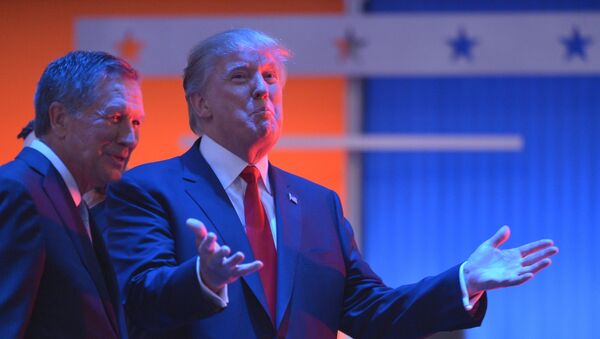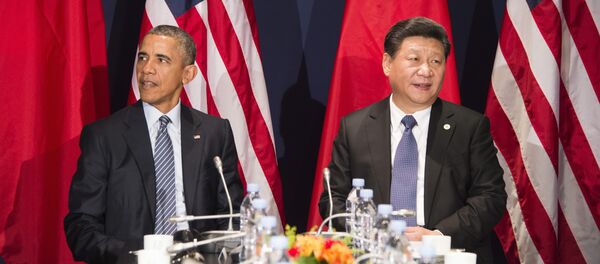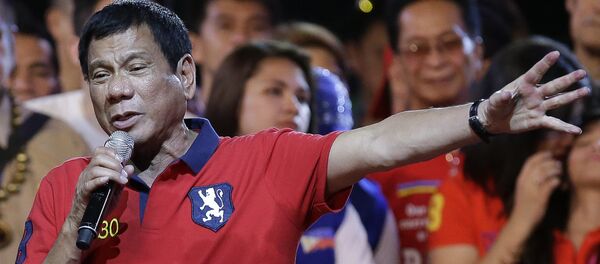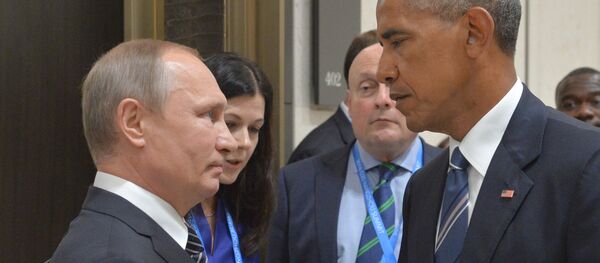Republican presidential nominee Donald Trump weighed in on the Federal Reserve debate on hiking interest rates before Election Day blasting the Central Bank for masking the failures of President Obama’s "false economy" which he argues has not truly recovered since the 2008 crash.
"They’re keeping the rates down so that everything else doesn’t go down," Trump told reporters when asked whether the Federal Reserve should increase interest rates. "We have a very false economy."
"At some point the rates are going to have to change," Trump explained while campaigning in Ohio on Monday. "The only thing that is strong is the artificial stock market."
A number of leading economists agree with the bombastic billionaire reality television star turned political sensation arguing that the Central Bank has exceeded its mandate in artificially propping up the US economy by maintaining historically low interest rates for the entirety of President Obama’s term.
Economists claim that low interest rates, which leads to artificially low borrowing costs, has the effect of stripping the economy of its risk management mechanism as businesses are able to fill financial shortfalls simply by borrowing more money at extraordinarily low interest rates. Others wonder if the flow of cheap money maintained by the Fed’s bond buying program – although some erroneously liken this to the Central Bank printing more money – also contributes to economic inequality.
These concerns seem to match the realities of the American economy as the stock market surges and the wealthiest one percent report ever increasing incomes, but wages have remained stagnant or have fallen for most working Americans while the workforce participation rate continues to lag well behind pre-recession levels as many workers have just given up.
Donald Trump blasted Federal Reserve Chairwoman Janet Yellen calling her tenure as the head of the Central Bank "highly political" and said that while he believed that an interest rate hike is necessary to restore balance to the American economy and prevent future calamity in the financial markets, he did not expect that the Federal Reserve would raise rates in September due to "political reasons."





